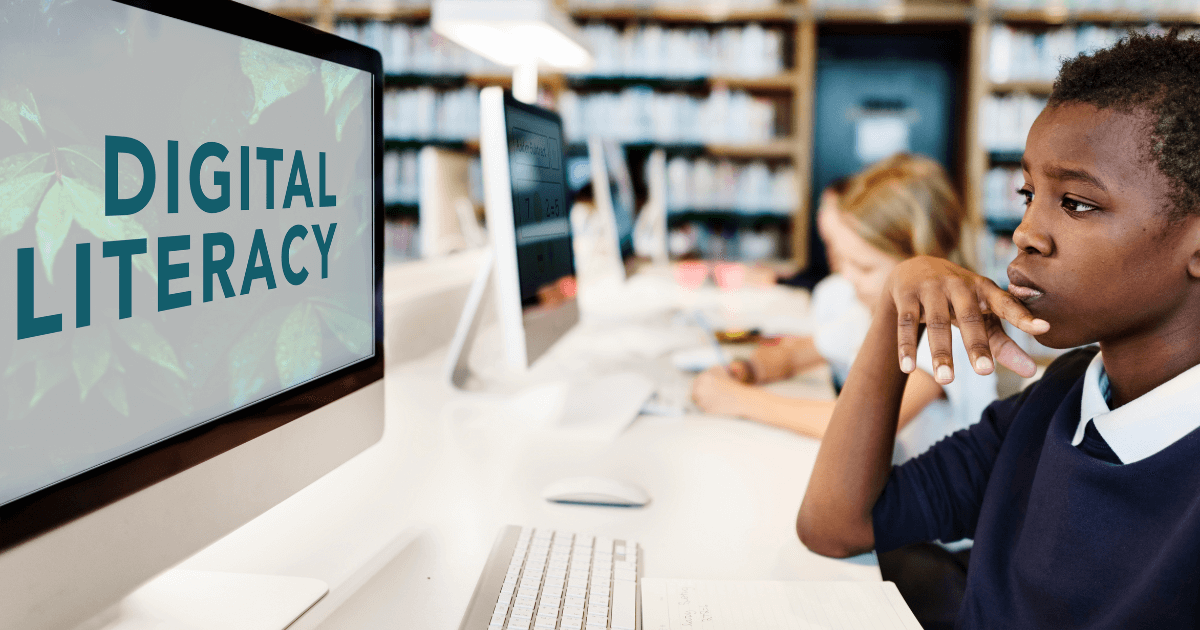In the era of rapid technological advancement, digital literacy emerges as a fundamental skill set for navigating the complexities of a digital society. This article explores the importance of digital literacy in developing individual skills, encompassing information retrieval, media literacy, and online security.

1. Information Retrieval Skills:
Digital literacy equips individuals with the ability to navigate the vast landscape of digital information effectively. It involves honing skills in searching, evaluating, and synthesizing information from diverse online sources. By fostering proficiency in information retrieval, individuals become adept at distinguishing credible information from misinformation, a crucial skill in an age inundated with digital content.
2. Media Literacy:
Understanding and critically evaluating media messages is a central tenet of digital literacy. Media literacy empowers individuals to decipher the nuances of digital content, including recognizing bias, understanding the persuasive techniques employed in various media, and discerning the impact of media on society. This skill set not only promotes a more informed citizenry but also cultivates a resilience against the potential pitfalls of a digitally saturated environment.
3. Cybersecurity Awareness:

In the digital realm, security is paramount. Digital literacy encompasses knowledge and practices related to online security, aiming to protect individuals from cyber threats. This includes understanding the importance of strong passwords, recognizing phishing attempts, and adopting secure online behaviors. By fostering cybersecurity awareness, digital literacy contributes to creating a safer online environment for individuals and their personal information.
4. Adaptability in a Digital Society:
The digital landscape is dynamic and ever-evolving. Digital literacy goes beyond static skills, emphasizing adaptability and continuous learning. Individuals proficient in digital literacy are better equipped to embrace new technologies, platforms, and tools as they emerge, ensuring they remain effective and engaged participants in a rapidly changing digital society.
5. Critical Thinking in the Digital Age:

Digital literacy is intrinsically linked to the development of critical thinking skills. Individuals are encouraged to question, analyze, and evaluate digital information critically. This ability not only enhances their understanding of the digital world but also empowers them to make informed decisions and navigate the digital landscape responsibly.
6. Educational Institutions and Digital Literacy:
Educational institutions play a crucial role in cultivating digital literacy. Integrating digital literacy into curricula, providing access to technology, and offering training programs are essential components. By equipping students with digital literacy skills early on, educational institutions contribute to shaping a generation capable of thriving in the digital era.
7. The Future of Digital Literacy:

In conclusion, digital literacy is not merely a set of technical skills; it is a holistic approach to navigating the digital society. As we continue to embrace the digital age, fostering digital literacy becomes imperative. By cultivating skills in information retrieval, media literacy, and online security, individuals are better prepared to engage with, contribute to, and thrive in the ever-evolving landscape of the digital world.




